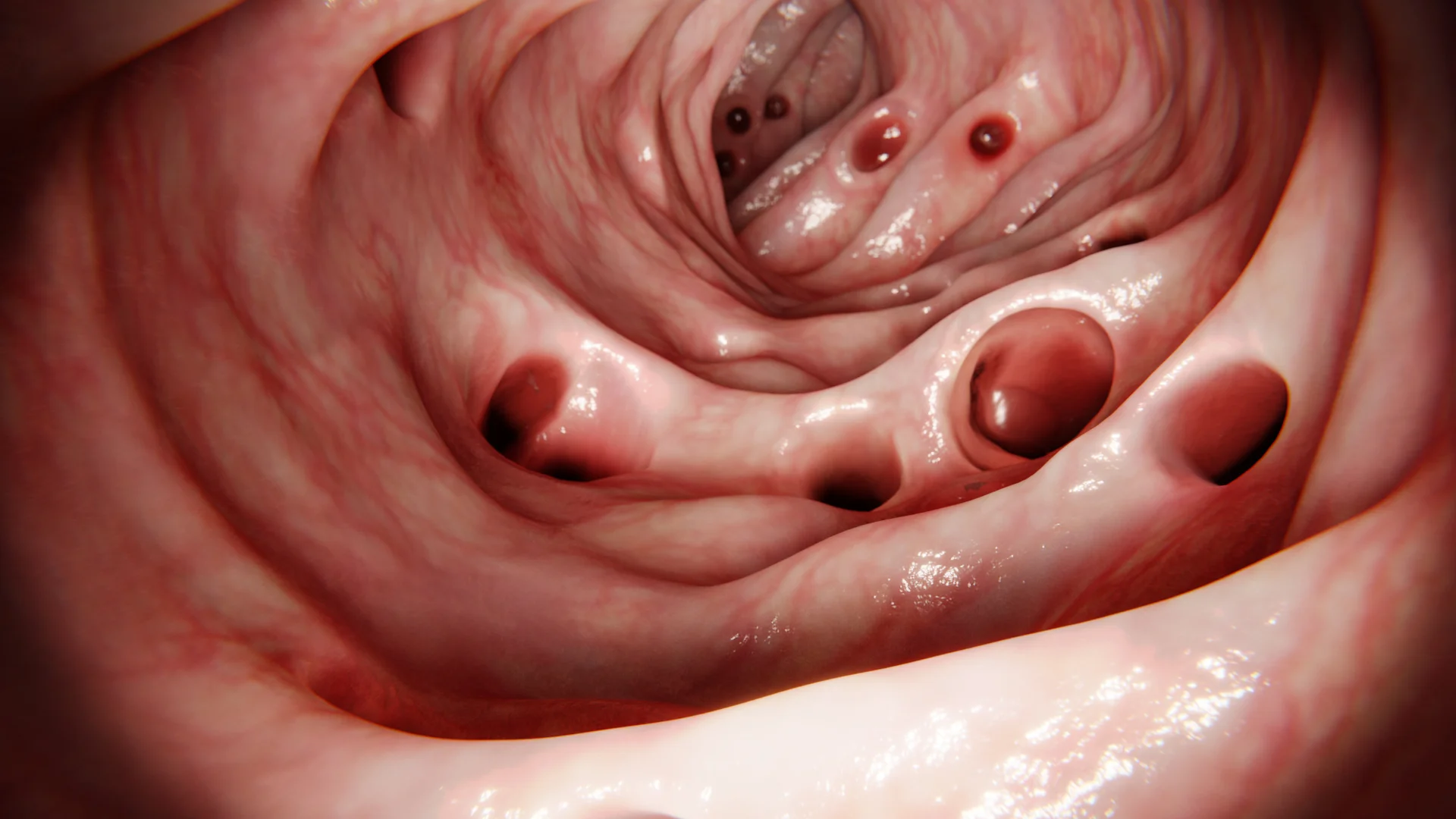
Understanding Diverticula of the Digestive Tract
Diverticula are small, pouch-like formations that can appear in the walls of certain organs in your digestive tract. While they might sound concerning, they’re quite common—especially as we age. Here’s what you need to know about this condition, its symptoms, and how to manage it.
What Are Diverticula? 🤔
Diverticula are like small pockets that bulge out from the walls of your digestive organs. They can occur in various places, including:
When someone has multiple diverticula, it’s called diverticulosis. If these pockets become inflamed or infected, it leads to a more serious condition known as diverticulitis.
What Causes Diverticula? 💡
The exact cause isn’t always clear, but certain factors increase the likelihood of developing them, such as:
This condition becomes more common after age 50, especially in industrialized countries where diets are lower in fiber.
What Are the Symptoms? 🔍
Here’s the tricky part: 80% of people with diverticula don’t experience any symptoms! Often, they’re discovered by accident during routine tests like a colonoscopy or gastroscopy.
When symptoms do appear, they can include:
Red Flag Alert! 🚩
If abdominal pain is paired with fever 🌡️ and vomiting 🤮, it could mean the diverticula are inflamed or infected. This kind of pain can be severe enough to send you to the ER.
How Are Diverticula Diagnosed? 🩺
How Are Diverticula Treated? 💊
Treatment depends on the severity of the condition. Options include:
For Mild Cases:
For Severe Cases:
Some surgeries can even be done laparoscopically, which is less invasive and has a shorter recovery time.
Can Diverticula Be Prevented? 🛡️
The good news is that you can take steps to reduce your risk:
Final Thoughts
Diverticula might seem scary, but they’re often manageable with the right lifestyle changes and care. If you’re experiencing symptoms or are over 50, talk to your doctor about screening and prevention. A few simple adjustments can go a long way in keeping your digestive health on track!
🩺 Explore out our Check-Up Programs!
DISCLAIMER: The information presented on this page has been intentionally condensed and simplified to make it accessible and easier to understand for the general audience. Its purpose is solely to provide basic awareness and education on the topic discussed. It is important to note that this content is not exhaustive and does not replace or serve as a substitute for professional medical advice, diagnosis, or treatment. Readers are strongly advised to seek consultations with qualified healthcare professionals or specialists for accurate assessment, personalized guidance, and appropriate medical care. Relying solely on the information provided here, without professional oversight, may lead to misunderstandings or inadequate treatment.
Privacy policy
Copyright ©2025 Klinika Kajo. Designed By Vizional